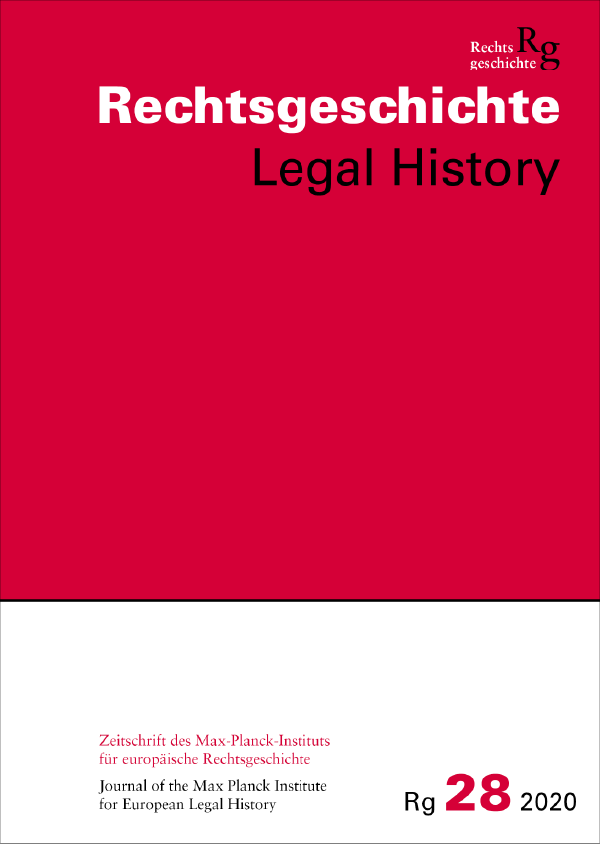Bullen, Bären – und Lämmer? Auseinandersetzungen um die Börsenfreiheit und die Terminspekulation des »unberufenen Publikums« im 19. Jahrhundert
DOI:
https://doi.org/10.12946/rg28/164-181Schlagworte:
exchange reform, futures trading, speculation, market accessAbstract
In late 19th-century Europe, stock and commodity exchanges became a more important part of the economy than ever before. Most buying and selling at the exchanges was carried out in the form of futures trading, meaning that possession of shares or goods were no precondition for transactions (as in cash purchases). This greatly facilitated speculation: one could take greater risks with much less capital. At the same time, a lack of specific abilities and knowledge of the complex workings of futures markets could lead to huge personal losses for participants and a destabilisation of the market. Hence it became extensivelydebated, especially among German jurists and economists, whether the admission to the exchanges and participation in speculation should be constricted to specific (professional) circles, excluding the »unbidden public«. The debates culminated in the exchange reform movement of the 1890s, which led to the German bourse law of 1896. The article discusses these discourses, their context, results, policy implications and (longterm) effects.
Veröffentlicht
Zitationsvorschlag
Ausgabe
Rubrik
Lizenz
Copyright (c) 2020 Autor/in

Dieses Werk steht unter der Lizenz Creative Commons Namensnennung 4.0 International.





